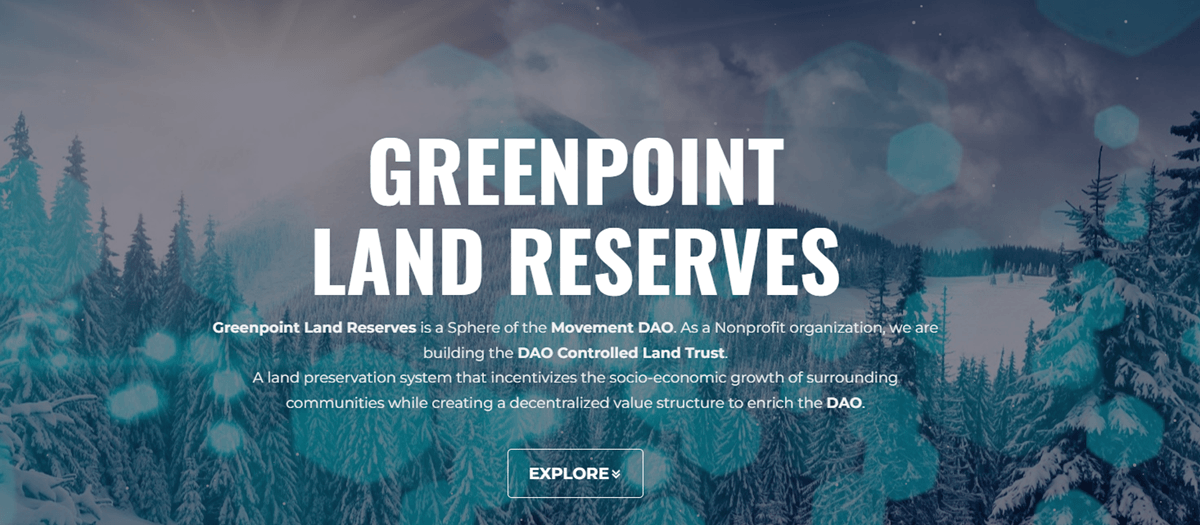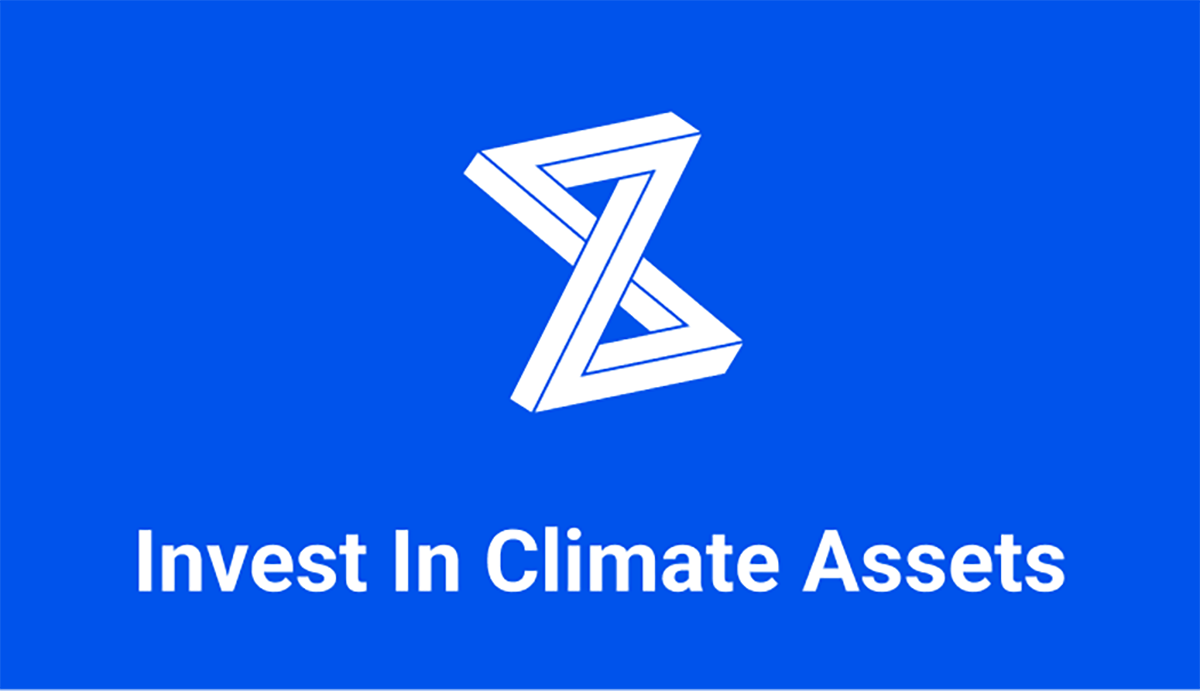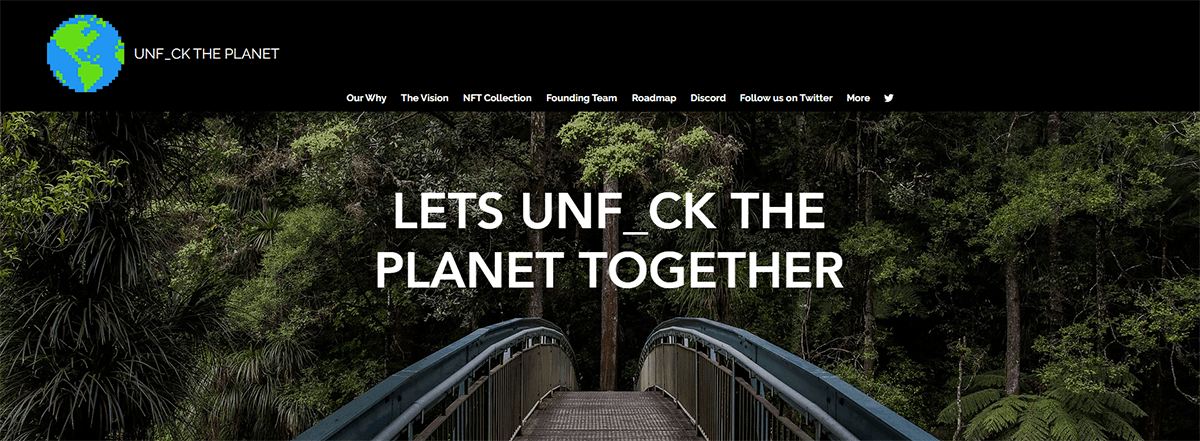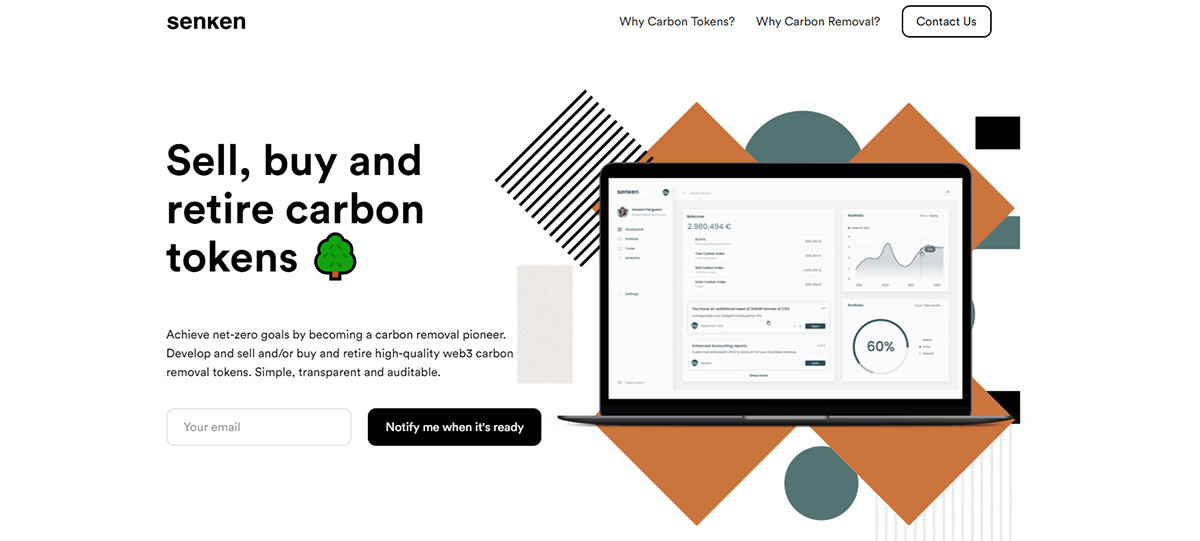The web3 revolution is upon us. This evolution could bring a new internet era, capitalizing on decentralization, openness, utility, and the public good. For this reason, the upcoming generational iteration of the web is going to heavily lean onto blockchain technology and its decentralized ledger for success.
That said, decentralization also means that Web 3.0 will require more collaboration within the community than ever before. Co-creating and co-funding potentially paradigm-shifting projects will be essential to see significant growth in this sphere.
Gitcoin embraces this new open approach for building communities and provides projects with the tools, manpower, and funding to succeed. Approximately every 3 months (fiscal quarter) this platform organizes a round of public funding for up-and-coming projects that delve into the public good. In this post, we singled out 7 such projects that are worth your attention and could use some help to get off the ground.
But first, let’s briefly explain how Gitcoin works and the mechanisms behind its innovative Quadratic Funding approach.
What Is Gitcoin?
Gitcoin is a collaborative platform with the main goal to support open-source software development. It achieves this by offering a transparent system for developers and coders to get remunerated for their hard work. Moreover, it allows teams to submit project proposals and participate in crowdfunding events known as grants.
What’s important in our narrative is that Gitcoin focuses on public good projects. The projects supported through the platform are non-competitive and have a goal to benefit the entire human race. These can include environmental projects, privacy, social equality, and even improvements to existing blockchain technology.
To sum up, Gitcoin connects developers and backers and promotes purposeful open-source projects that can make a genuine impact on the social good.
How Does Gitcoin Work?
As we stated above, Gitcoin aims to reward programmers for their contribution to the open-source environment. Until recently, open-source participants contributed to the space with little-to-no compensation to speak of. The platform attempts to solve this issue by providing monetary incentives to developers through a wide range of mechanisms, including:
- Bounties – this reward method allows companies to create job tasks for Gitcoin contributors and reach out to worldwide talent. At the same time, developers can participate in meaningful Web3 projects, increase their blockchain knowledge, and get remunerated for it.
- Hackathons – these act as sponsored competitions where developers propose solutions to existing problems in the industry. They allow startups to draw attention to their platform while successful participants have the chance of becoming a part of the core developing team of the project.
- Grants – this quarterly crowdfunding mechanism allows projects to showcase their proposal to the community. It uses quadratic funding to match community contributions and help teams secure funds that will help them with ongoing development.
As grants are the cornerstone of this article, let’s have an in-depth look at why Gitcoin’s quadratic funding is different from solutions proposed by other platforms of the same vein.
What Is Quadratic Funding?
Quadratic funding is the optimal, mathematical method to provide funding for public good projects, in an equal and democratic way. While it sounds complicated at first, it’s actually quite simple to grasp. The concept was co-created by Vitalik Buterin as a philanthropic, self-organizing funding mechanism for public good.
This funding mechanism matches the contributions from everyday individuals with a pool of funds from matching partners. As such, the funds collected in the matching pools are used to magnify the individual contributions of the community. This means that projects with larger community support will get better fund matching than those with fewer, big donors.
For example, let’s take projects A and B. Project A receives $1000 in individual funding from 5 donors ($200 each). Project B receives the same amount, but from 50 donors ($20 each). In this case, the matching algorithm will favor project B, as there’s more notable support from the community. As such, the matching amount for project B will exceed the initial contributions of $1000 by a large amount (+700%), whereas project A will only receive a modest portion of the matching pool (+180%). Take a look at the video below for a more detailed explanation of the concept.

All in all, quadratic funding allows public good projects that have a meaningful impact to stand out from the crowd and receive well-deserved monetary help. It also avoids crowdfunding being controlled by whales. Instead, it requires genuine support from the community to get significant matching.
How To Take Part in the Grant Round 13?
Donating to projects is quite streamlined on Gitcoin. That said, there are a few prerequisites that you will need to fulfill before you can make your first contribution. Since the platform delves with blockchain technology, it expects you to be familiar with handling crypto payments. To get started, you will have to:
- Create an account on Gitcoin.
- Connect an Ethereum-capable wallet like Metamask.
- Fund your wallet with tokens. Gitcoin accepts hundreds of different ERC-20 cryptos, including popular choices like DAI or USDT.
- Top up your wallet with some ETH to cover the transactions costs.
That’s it, once you have checked all the boxes, you can start browsing and contribute to your favorite projects. That said, with literally hundreds of projects available, it can be quite challenging to find those that fit your bill. For this reason, we singled out a few projects that follow our ethical mindset here at Unblock.
Top Gitcoin Projects for Round 13
We selected the projects below on a basis of different criteria, including sustainability, potential positive impact on the environment, and innovativeness.
Earth.fm

Earth.fm has a goal to provide funding to reforestation projects by auctioning NFTs that encapsulate beautiful nature artworks and rare natural soundscapes. Its secondary goal is to increase the mindfulness of the community by reconnecting individuals to nature through earthly acoustics. To achieve this, the project brings together professional field recordists and artists and transforms their combined art into unique digital assets on the blockchain.
Moreover, to ensure sustainability and reduce the environmental impact of their NFTs, Earth.fm has opted for the Polygon blockchain. The team will implement an auction house smart contract that will mint a new NFT every three days. The proceeds of each auction will support various nature regeneration initiatives that will be chosen by the community.
Ultimately, the initiative will function as a DAO where every NFT holder will have full voting rights. Members will be able to propose charities and create environmental initiatives on their own.
It’s worth noting that unlike other NFT-generative DAOs out there, Earth.fm is entirely non-profit. 80% of the NFT revenue will support climate improvement causes. The other 20% will go to artists and sound recorders, as well as financing ongoing development and growing the community.
All things considered, if Earth.fm is able to reach a fraction of the success of predecessors like Nouns.DAO, its impact should be quite consequential.
Disclaimer: The unblock.net team is also part of the earth.fm project.
Treejer

Treejer is a climate action protocol that aims to connect donors with rural planters on a global level. It uses blockchain technology to mint a collection of 10.000 NFT Genesis trees, selling them to donors that wish to participate in replantation efforts. These unique NFTs will serve as bragging rights to the donors, but will also encompass all the data of the real-world trees that Treejer helped reforest through the sale of the NFT.
For those that aren’t interested in the more expensive, unique Genesis trees, Treejer also proposes Regular trees. These generic NFTs do not have unique characteristics (shape, color etc) and cost only 10 DAI. As such, they allow more modest donors a way to participate in the reforestation effort.
The main goal of the project is to fund rural planters that have no access to banking infrastructure. To achieve this, Treejer capitalizes on DeFi by building on the Polygon blockchain, providing clean NFTs and fast and cheap transactions.
Return Protocol

Return aims to provide automatic offsetting for on-chain wallets. The protocol wants to capitalize on the mass adoption of regenerative finance (ReFi) to make transactions on major blockchains more sustainable.
To achieve this, Return mints NFTs that users can purchase and keep in their blockchain wallets. This gives users access to the Return ecosystem, where they can sign up to offset a percentage of each transaction they partake in. The protocol proceeds the offsetting through environmental tokenized credits (NCT, MCO2, PRC, etc.) and charges users with an offsetting fee each time they initiate a transaction with their wallet.
In a nutshell, Return offers passive offsetting by trading and burning carbon credits in the background. This way, even end-users can participate in making their blockchain transactions carbon-neutral, even if they have no knowledge of how tokenized carbon markets work.
GreenPoint Land Reserves

GreenPoint Land Reserves (GLR) is a non-profit that is building a DAO Controlled Land Trust. Its main goal is to lock up thousands of acres of land into this trust for preservation and conservation purposes.
To this end, it has created the $ACRE token and released it to the public. The revenue from subsequent token sales will fund the purchase of land parcels(initially in the US). The trust will gain control of this land and manage it to build a lasting benefit to the surrounding communities. Regardless of the type of land, the non-profit will ensure that every piece of purchased land is used for public good – large-scale carbon sequestration projects, fresh produce production, hardwood production, etc.
Carbon Wallet

Carbon Wallet aims to release an app that will allow retail investors to purchase tokenized carbon credits in a streamlined manner. Today, carbon offsetting on blockchain protocols is a complicated and convoluted process. For people that have limited knowledge of blockchain protocols, purchasing climate assets such as Klima, BCT or MCO2 requires jumping through several hoops and dabbling in multiple protocols.
The app wishes to become the “Coinbase of climate assets” and regroup various tokenized credits in one place. At the same time, it will make the process of purchasing and trading these offsets much easier and more user-friendly.
Unf_ck The Planet

Unf_ck The Planet is a web3, community-driven initiative that aims to create, fund, and support real-world applications of climate technologies. The initiative believes that the main hurdle for startup projects dealing with climate change is that they take too long to be profitable. As a result, venture capitalists quickly turn away from these projects, never allowing them to get off the ground.
The team behind Unf_ck The Planet believes that a decentralized, community-driven initiative can be the answer. Their initial goal is to build a community by providing incentives in the form of NFTs and allowing them to participate democratically through a DAO. Ultimately, the project wishes to serve as a bridge between climate-conscious communities and IRL climate tech startups.
Senken

Senken aims to build a regenerative finance marketplace that uses proven Web3 ecosystems such as Polygon and Toucan protocol. Their goal is to allow companies to easily invest in carbon offsets and enter the voluntary carbon markets in the most frictionless way possible. By using Senken, a company that has +1 carbon credits will be able to easily find the -1 carbon token counterpart to offset and gain carbon neutrality.
Additionally, Senken builds a collaborative ecosystem with existing standards and frameworks such as Regen Network, Toucan, and Open Forest Protocol.
Finally, the project is also developing a launchpad that will pool climate-driven investments and provide funding for startups that engage in fighting climate change. Smart contracts will govern the launchpad and distribute funds democratically and based on merit.
Noteworthy Mentions
In addition to these awesome projects that attempt to tackle climate change through a wide range of innovative mechanisms, we would also like to mention:
- Samara Trust – a regenerative public good “heart source” library
- Beyond Pollinator-Friendly – a blockchain-based crediting system for land management practices that support pollination systems at risk.
- Future Foundation – an initiative that supports web3 x social impact organizations, causes, and the broader ecosystem.
- Extinction Rebellion – is a decentralized, international and apolitical organization. It aims to persuade governments to be honest about climate change through non-violent direct action and civil disobedience. ER is spread out to 1200+ groups in 86 countries and fosters more than 160.000 members. The organization is under constant cyber attacks and requires funding to secure servers and provide better tech services to its growing community over the world.
As you can see, dozens of climate change projects were listed in the current Grant Round of March 2022. This shows that Web3 is gaining global traction as a tool for fighting climate change. Ben West, Climate Ambassador at GitCoin writes:
“Very exciting to see over 80 projects from around the world with a wide array of innovative projects getting involved in the Gitcoin grants round. We are seeing a growing interest in how web3 can be part of the solution to the climate crisis.”- Ben West
Wrapping Up
Climate change is a decentralized problem and needs a decentralized solution. The web3 revolution brings the necessary tools for individuals to collaborate on a global scale to fight this issue. The Github projects in this article capitalize on this technology to help us regenerate our planet and fight greenhouse gas emissions in a meaningful manner.
And because it’s a collective issue, everyone should chip in. Donating even a symbolic sum will allow these projects to increase their matching funds, so every bit of help counts! So go on, head on to Github and support your favorite projects now.